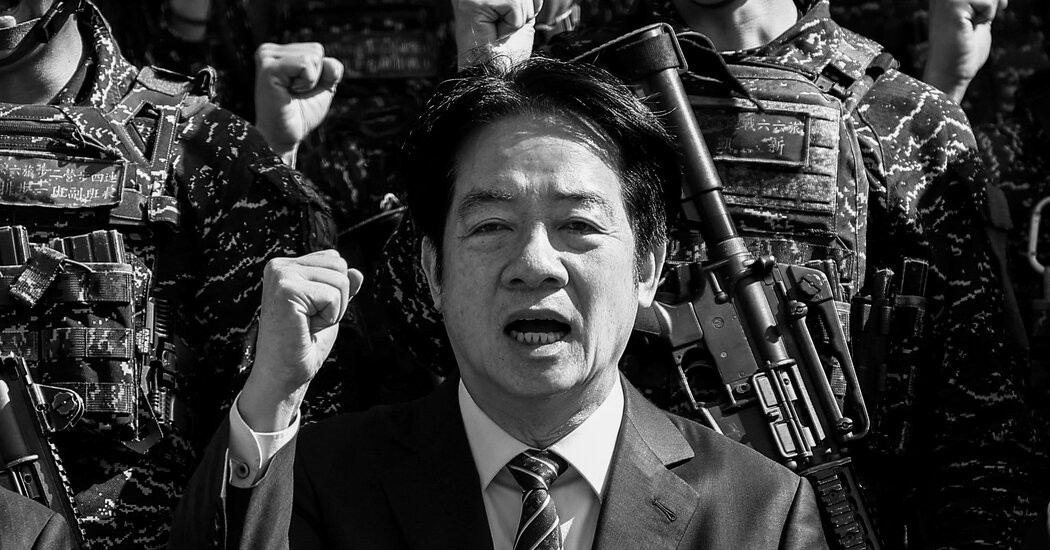

Taiwan’s cabdrivers are famously chatty, and after I settled into the back seat of a taxi in the island’s south recently, my cabby turned to me and cheerfully asked how my day was going, before abruptly declaring, “Ukraine today, Taiwan tomorrow.”
He was voicing a concern shared across Taiwan since President Trump pulled back on America’s strong support for Ukraine and added insult to injury by humiliating its president, Volodymyr Zelensky, at the White House in late February. Now people in Taiwan are wondering: If the United States could do that to Ukraine to cozy up to Russia, will it do the same to us to cozy up to China?
For decades, Taiwan’s leaders have framed our standoff with China — which claims Taiwan as its own territory and vows to take it, by force if necessary — as a defense of freedom and democracy, underpinned by the expectation that the United States would back us up if China were to invade. This created a false sense of security, allowing Taiwan’s politicians and people to delay a national reckoning over the best way for us to deal with China in order to ensure the long-term survival of our democracy.
With Mr. Trump casting aside democratic values and America’s friends, Taiwan must begin an immediate, serious national conversation about how to secure peace with China on terms that are acceptable to us, rather than letting bigger powers decide our future.
In online comments and daily conversations, Taiwan’s people are expressing growing doubt over America’s commitment to Taiwan and asking: If the United States no longer seems willing to support a friendly nation like Ukraine in defending its freedom, did all those tens of thousands of young Ukrainians who fought and died for their country do so in vain? An informal poll in early March by an online platform popular with Taiwan college students asked whether, given the latest developments involving Ukraine, survey respondents were still willing to defend Taiwan against a Chinese attack or preferred surrender. Most opted for surrender.
Taiwan’s president, Lai Ching-te, appears oblivious to these sentiments. Rather than reaching out to all sides in Taiwan to initiate an urgent national discussion on the direction we should take, he is instead going for fear, confrontation and a revival of dark Cold War rhetoric.